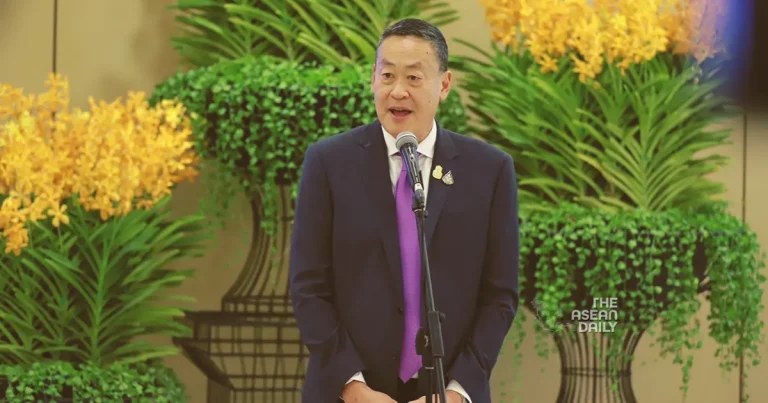24-6-2024 (BANGKOK) Thailand has expressed its aspirations to become a member of the BRICS group of emerging economies. The Southeast Asian nation submitted a formal request to join the organization during a BRICS ministerial meeting held last week, according to Nikorndej Balankura, a spokesperson for the Thai foreign ministry.
“We hope to receive positive feedback and be accepted as a BRICS member as soon as the next summit to be held in Russia,” Nikorndej stated, underlining Thailand’s eagerness to solidify its position within the influential bloc.
The BRICS group, originally comprising Brazil, Russia, India, China, and South Africa, has been actively expanding its membership in recent years. Last year, the organization welcomed Saudi Arabia, Iran, Ethiopia, Egypt, Argentina, and the United Arab Emirates, reflecting a growing desire to challenge the Western-dominated world order and forge new alliances among emerging economies.
Thailand’s bid to join the BRICS comes at a time when more than 40 countries have expressed interest in becoming part of the influential group. The move is seen as a strategic effort by the Southeast Asian nation to diversify its economic and diplomatic ties, while also gaining a stronger voice on the global stage.
In addition to its BRICS aspirations, Thailand is also pursuing membership in the Organisation for Economic Co-operation and Development (OECD). Following an invitation from the Paris-based group to open accession discussions, Nikorndej revealed that Thailand is currently “putting together an accession roadmap, conditions, and timeframe in line with OECD instruments.”
While there is no set timeline for joining the OECD, Nikorndej emphasized the potential benefits of membership, stating, “Starting the membership application now will be beneficial. It will help attract foreign investment, generate income, and improve people’s quality of life.”
Thailand’s dual pursuits of BRICS and OECD membership highlight the nation’s ambitions to strengthen its economic and diplomatic ties with both emerging and developed economies.




